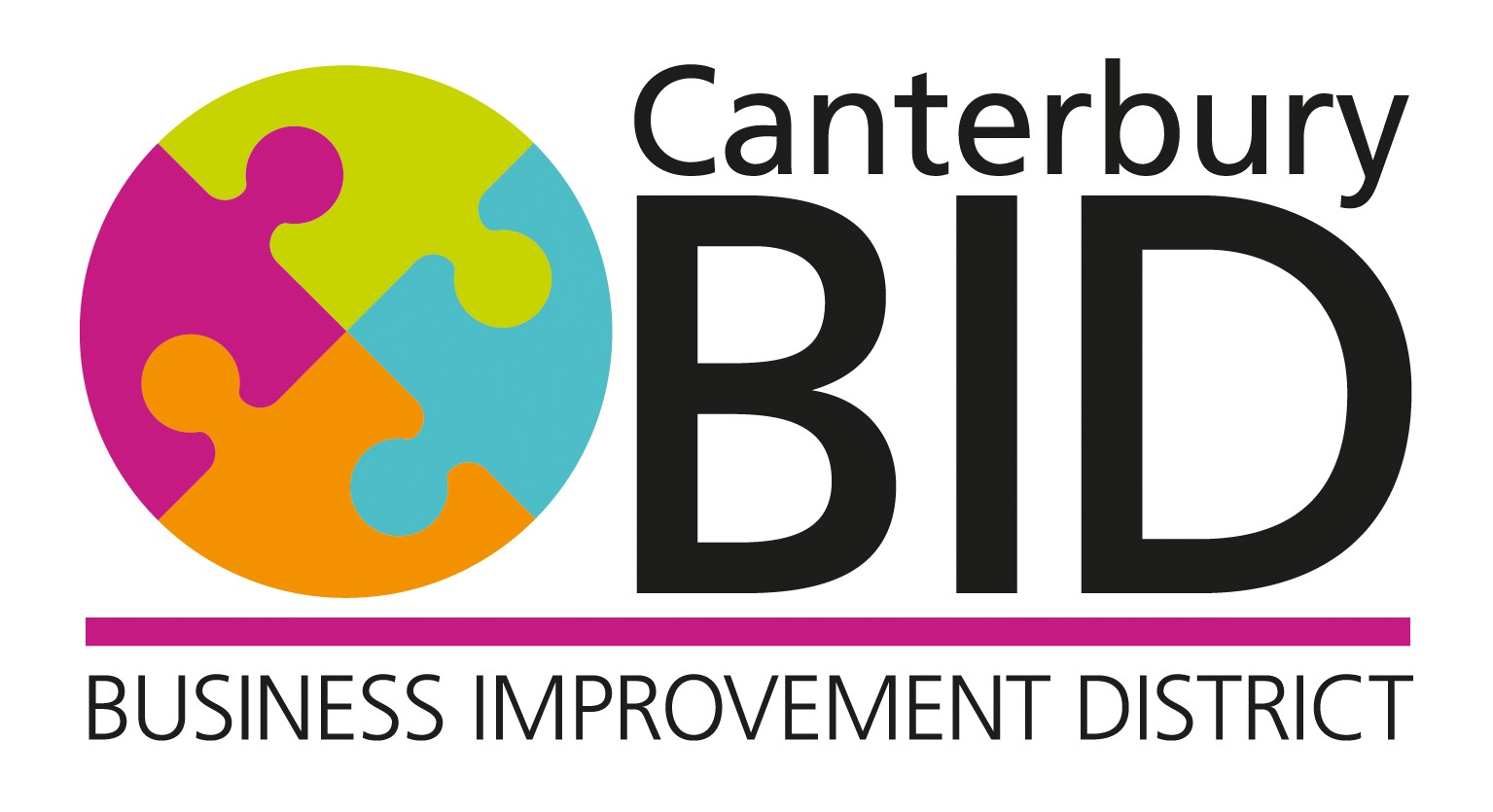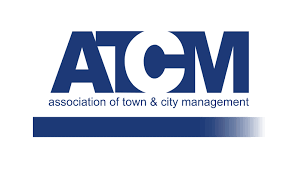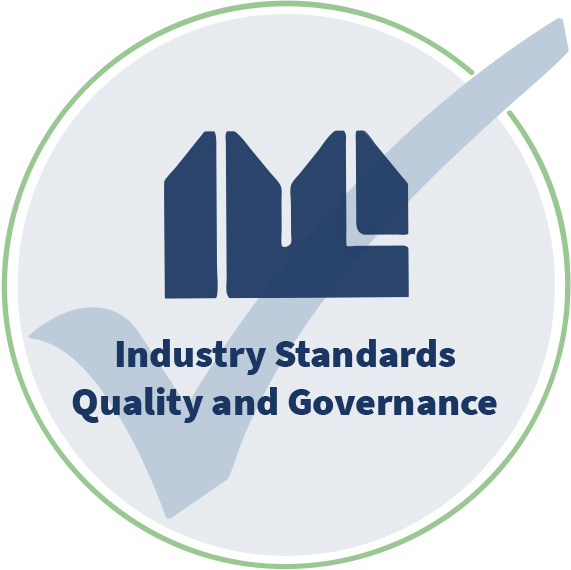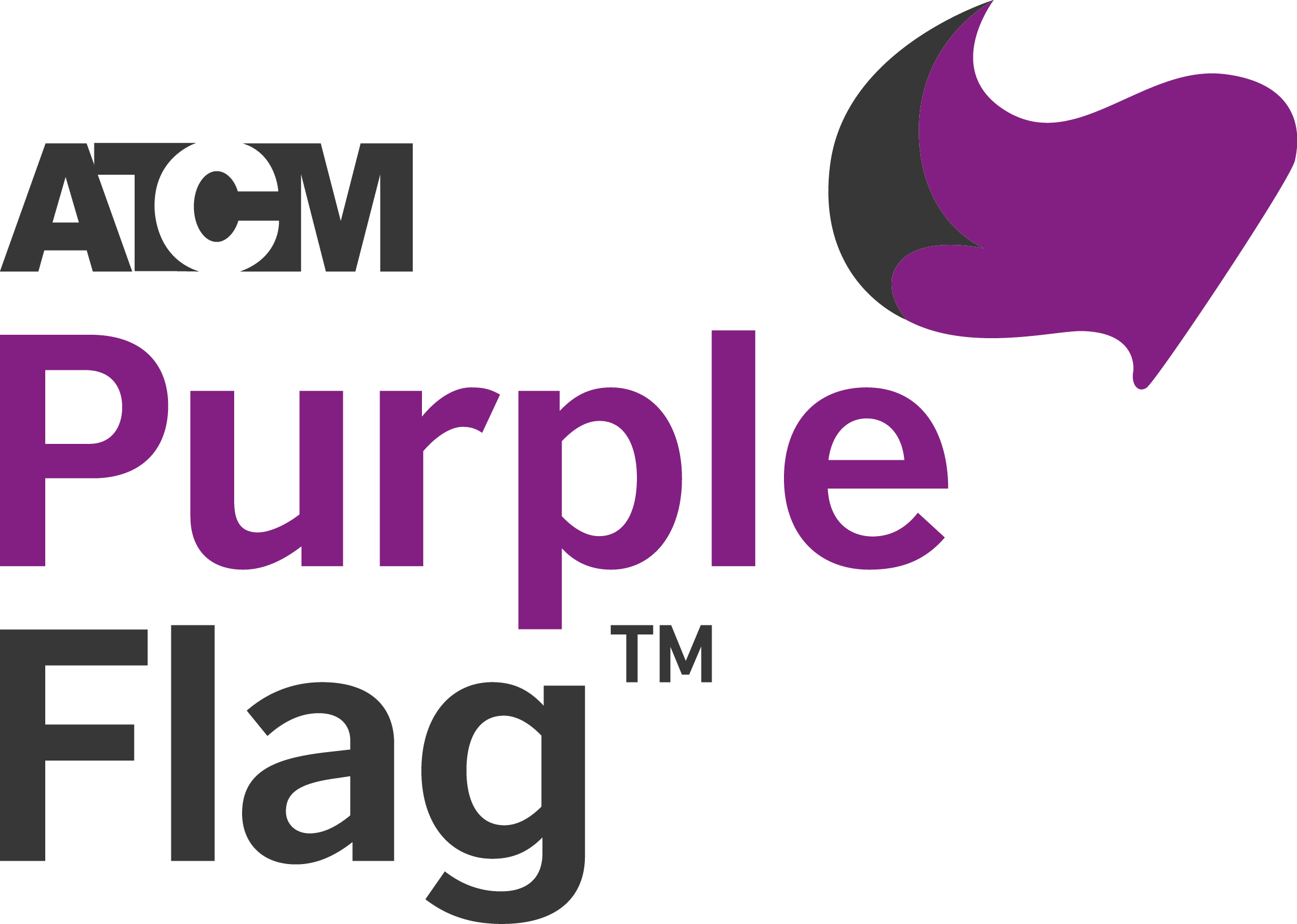Restaurants, pubs and cafes will get automatic freedoms to provide takeaway services for another year.
- Government extends temporary freedom for pubs, restaurants and cafes to provide food takeaways by another year
- Freedoms enabling outdoor markets also extended in further boost for hospitality sector, enabling them to plan ahead for the economic recovery with certainty
- New protections for cultural venues, measures enabling emergency building such as Nightingale hospitals extended, and space standards introduced for new homes built through ‘permitted development’
Restaurants, pubs and cafes will get automatic freedoms to provide takeaway services for another year, Communities Secretary Robert Jenrick has announced on 11 November.
This follows Robert Jenrick relaxing rules in March so businesses could offer a takeaway service during the pandemic, without having to go through a planning application process. This was due to end on 23 March 2021 but will now be extended by another year. The government will also consider whether to make these reforms permanent.
Whilst pubs and restaurants are currently restricted from selling alcohol on their premises to take away (but can still provide delivery or click and collect) due to the national covid restrictions in England, the law before March would have restricted pubs and restaurants from choosing to only offer food takeaway services.
The freedoms introduced in March and now extended for a year mean pubs and restaurants can focus on selling food takeaways if they choose to, while being able to return to operating as a pub or restaurant from 2 December.
The government also helped businesses offer more alfresco dining by making it easier and less expensive to get an outdoor seating licence and is similarly keeping this under review.
Under the national restrictions currently in place, markets can sell takeaways from stalls. However, the stalls must not have seating areas.
Communities Secretary Rt Hon Robert Jenrick MP said:
We’ve taken decisive action since the beginning of the pandemic to support our pubs, restaurants, cafes and markets. Making it easier for them to provide takeaways has helped these businesses to adapt and helped sustain many through an unbelievably difficult year.
That’s why I am extending these simple but effective reforms to support these businesses – helping give them and their employees more certainty over the coming year. It will also be a boost for their customers who can now look forward to continuing to enjoy meals at home from their favourite restaurants. As these reforms have made such a difference, I will be considering making them permanent.
Kate Nicholls, Chief Executive of UKHospitality said:
The ability to provide takeaway services was a valuable lifeline for many hospitality venues, not just during the lockdown but in the days of reduced and restricted trade, too.
The extension will undoubtedly help many. For pubs, restaurants and cafes to operate as takeaways gives them a previously untapped revenue stream and a much better chance to survive what will be a tough winter. It will help avoid waste and allow businesses to retain a valuable link with their customers and communities.
Laws introduced on 11 November are also:
- Introducing minimum space standards for all homes delivered through Permitted Development Rights. All new homes in England delivered through these rights will have to meet the Nationally Described Space Standard once the amendment comes into force from 6 April 2021, ensuring they provide proper living space
- Helping to protect England’s cultural institutions by removing theatres, concert halls and live music venues from demolition. These buildings cannot be easily replaced and are an intrinsic part of our cultural heritage, which is why the government is clear that temporary social distancing restrictions should not be an excuse for them to be permanently lost. Planning permission is now required to demolish these venues
- Extending temporary measures enabling emergency development by councils and health service bodies from 31 December 2020 to 31 December 2021. This allows for buildings such as Nightingale hospitals
- Amending the right for emergency development by the Crown to allow for one year instead of the current 6 months and creating a new right for one year specifically in the case of a pandemic. This is currently being used to create additional capacity at Courts to enable social distancing and is supporting new test and trace facilities
- We also intend to roll-forward temporary changes that we made over the summer to ensure the planning system continues to operate effectively during the COVID-19 emergency and to support economic recovery. These include temporary freedoms on how planning applications are publicised, and on public inspection of planning documents
Further information
The right introduced last March allowing pubs, restaurants and cafes to provide a food takeaway service will be extended until 23 March 2022. Businesses must continue to tell their local planning authority when the new use begins and ends. The takeaway measure applies to food. Serving of alcoholic drinks will continue to be subject to licensing laws.
Businesses should contact their local council to enquire about a licence for an outdoor stall.
Last summer the government introduced laws to provide greater freedom over how people use their land. This doubled the length of time that temporary structures can be placed on land without needing an application for planning permission.
The time limits in the existing right for the temporary use of land were doubled from 14 days to 28 days for holding a market or motor car and motorcycle racing, and from 28 days to 56 days for any other purpose.
This makes it easier to host markets, stalls, marquees, car boot sales and fairs for longer without needing a planning application. This was due to expire on 31 December 2020 and is now being extended by another year until 31 December 2021.
The government has today amended the Town and Country Planning (General Permitted Development (England) Order 2015 (S.I. 2015/596) to remove permitted development rights for demolition of theatres, concert halls and live music performance venues.










